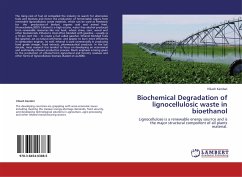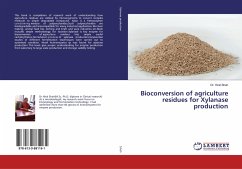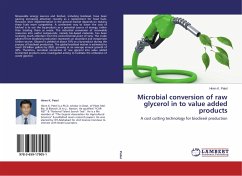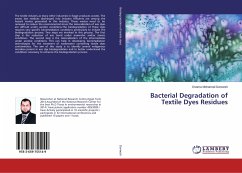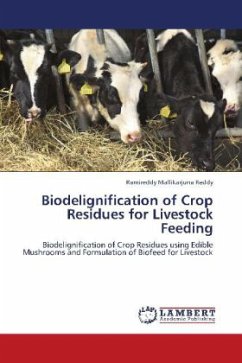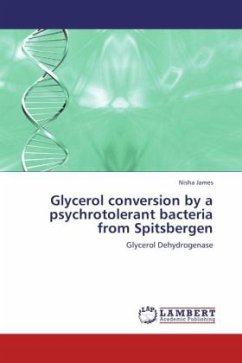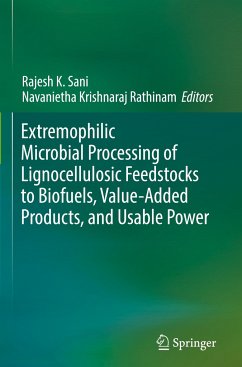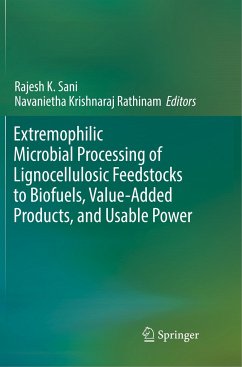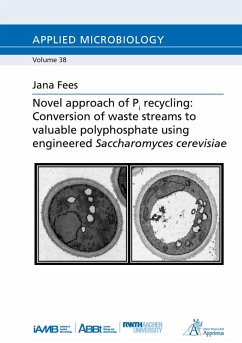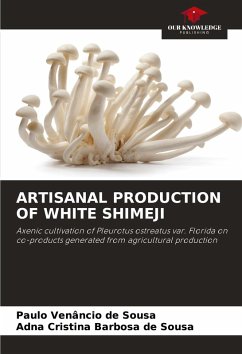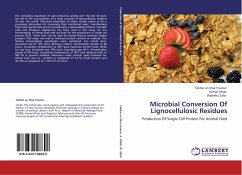
Microbial Conversion Of Lignocellulosic Residues
Production Of Single Cell Protein For Animal Feed
Versandkostenfrei!
Versandfertig in 6-10 Tagen
32,99 €
inkl. MwSt.

PAYBACK Punkte
16 °P sammeln!
The increasing expansion of agro-industrial activity over the last 40 years has led to the accumulation of a large quantity of lignocellulosic residues all over the world. Microbial conversion of these wastes seems to be a promising alternative for increasing their nutritional value, transforming them into animal feed and thus producing a value-added product. Candida utilis and Rhizopus oligosporus has been used in this study for the fermentation of wheat bran and rice bran for the production of single cell protein (SCP), which then can be used for animal feed as nutrition added product. The m...
The increasing expansion of agro-industrial activity over the last 40 years has led to the accumulation of a large quantity of lignocellulosic residues all over the world. Microbial conversion of these wastes seems to be a promising alternative for increasing their nutritional value, transforming them into animal feed and thus producing a value-added product. Candida utilis and Rhizopus oligosporus has been used in this study for the fermentation of wheat bran and rice bran for the production of single cell protein (SCP), which then can be used for animal feed as nutrition added product. The major aim was to enhance protein content in residues. The Various fermentation parameters were optimized. For wheat bran inoculums size of 10% (v/w), 48 hours culture, fermentation period of 48 hours, incubation temperature of 30°C gave maximum protein yield. While for rice bran inoculums size 15% (v/w), inoculums age 48 h, fermentation period of 60 hours, incubation temperature of 30°C and moisture level of 500 ml in growth medium. Maximum crude protein yield obtained for wheat bran was i.e., 41.02% as compared to 4.21% crude protein and 33.14% as compared to 7.22% for rice bran.



